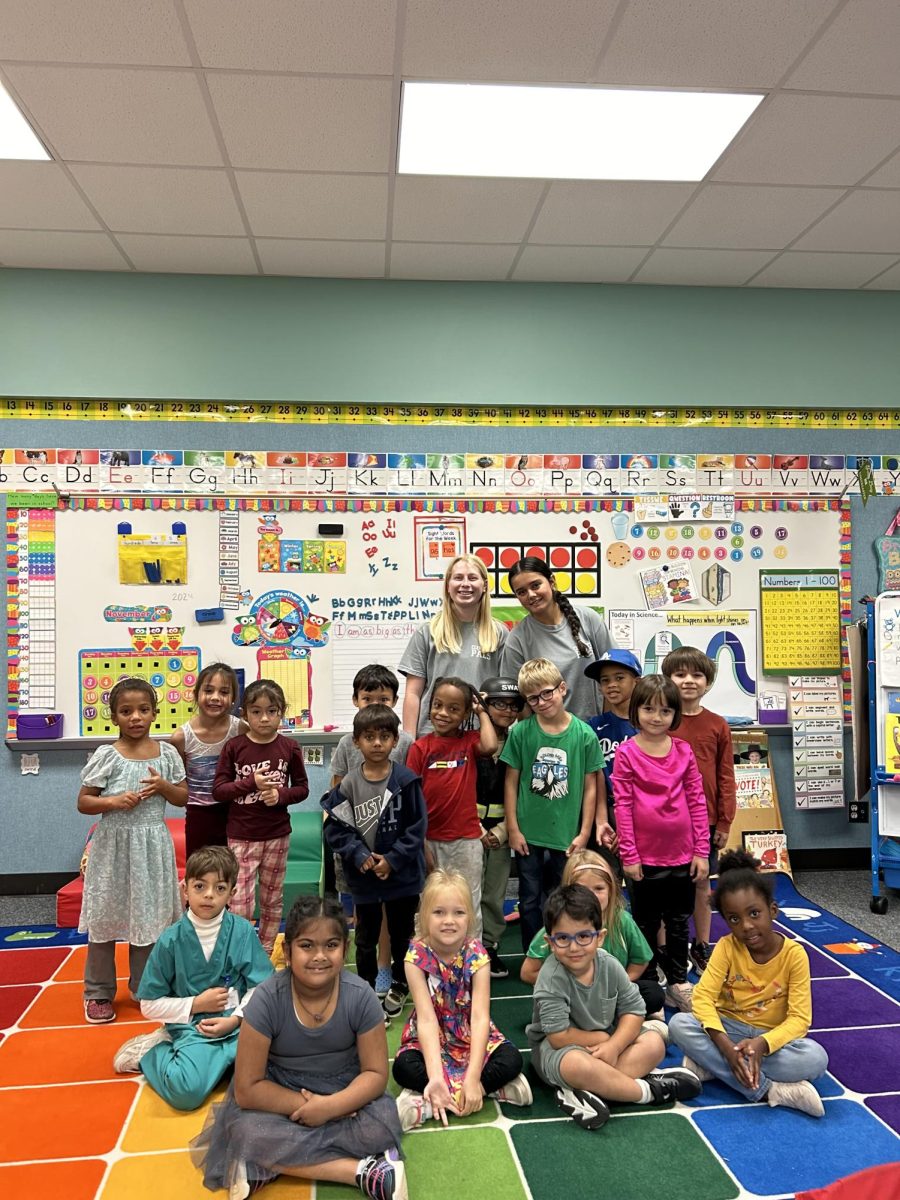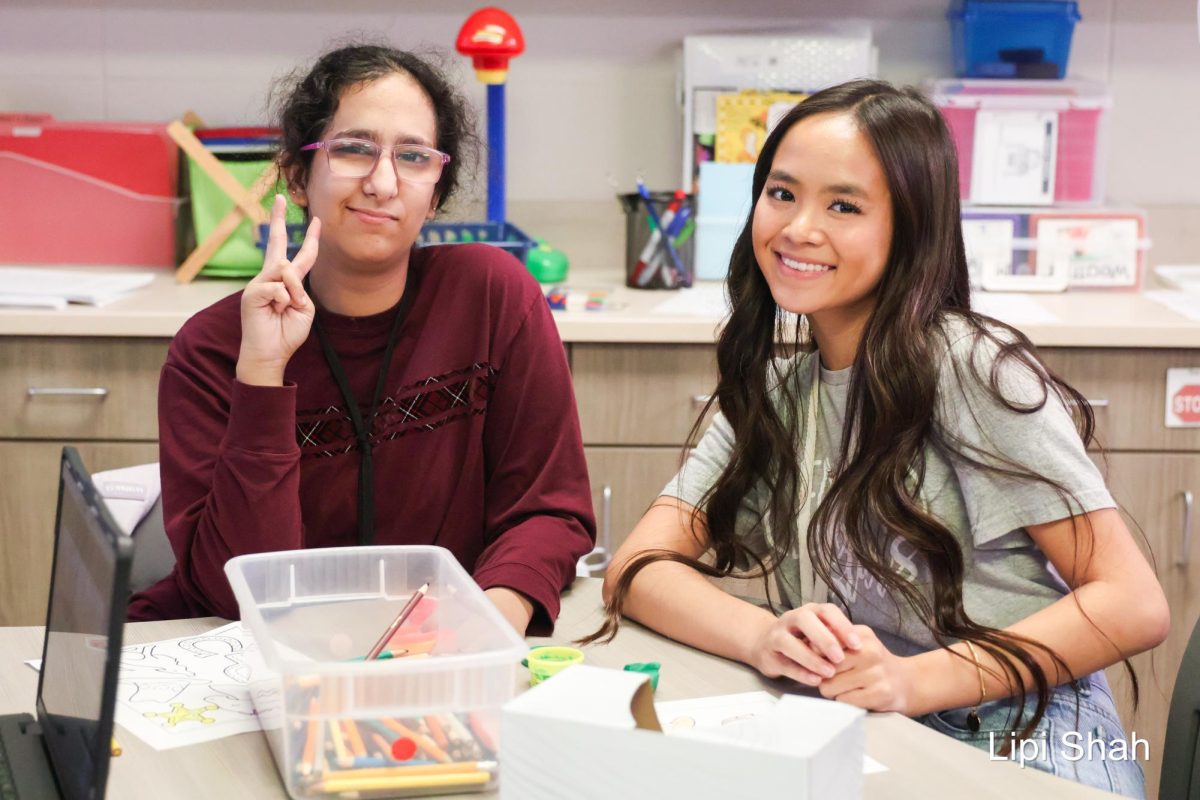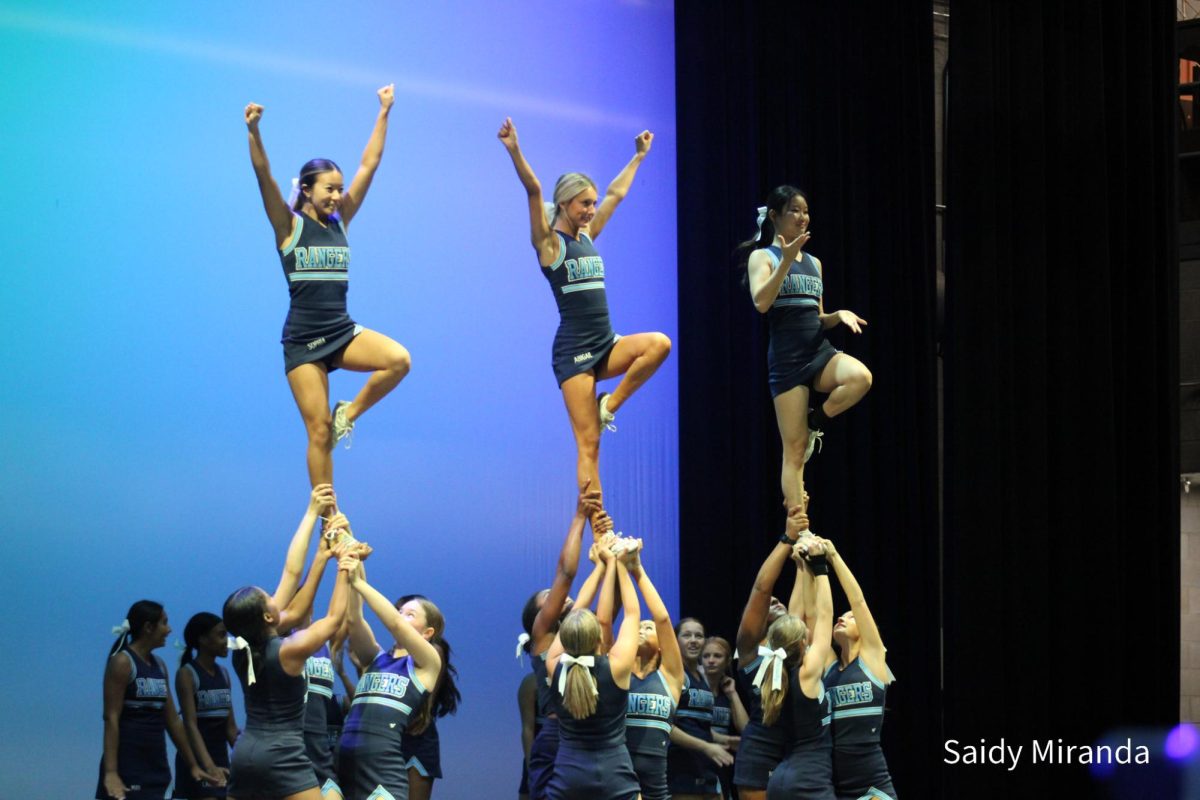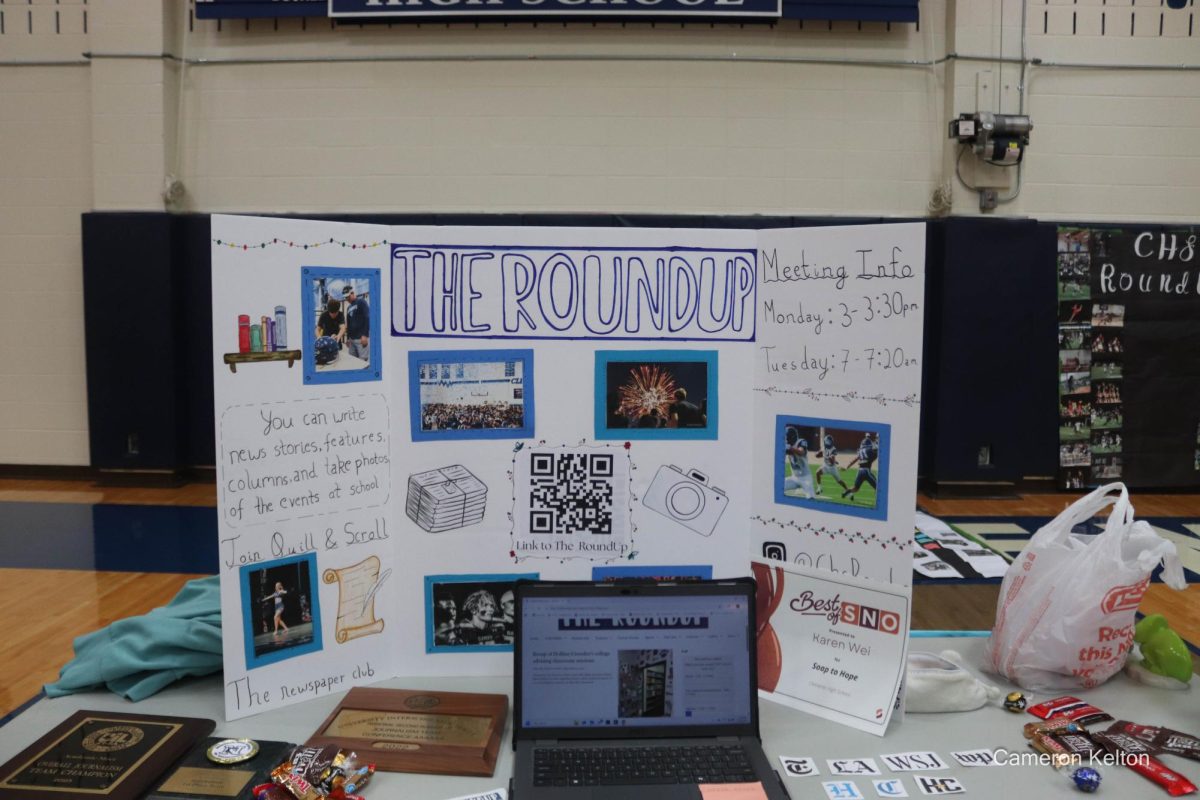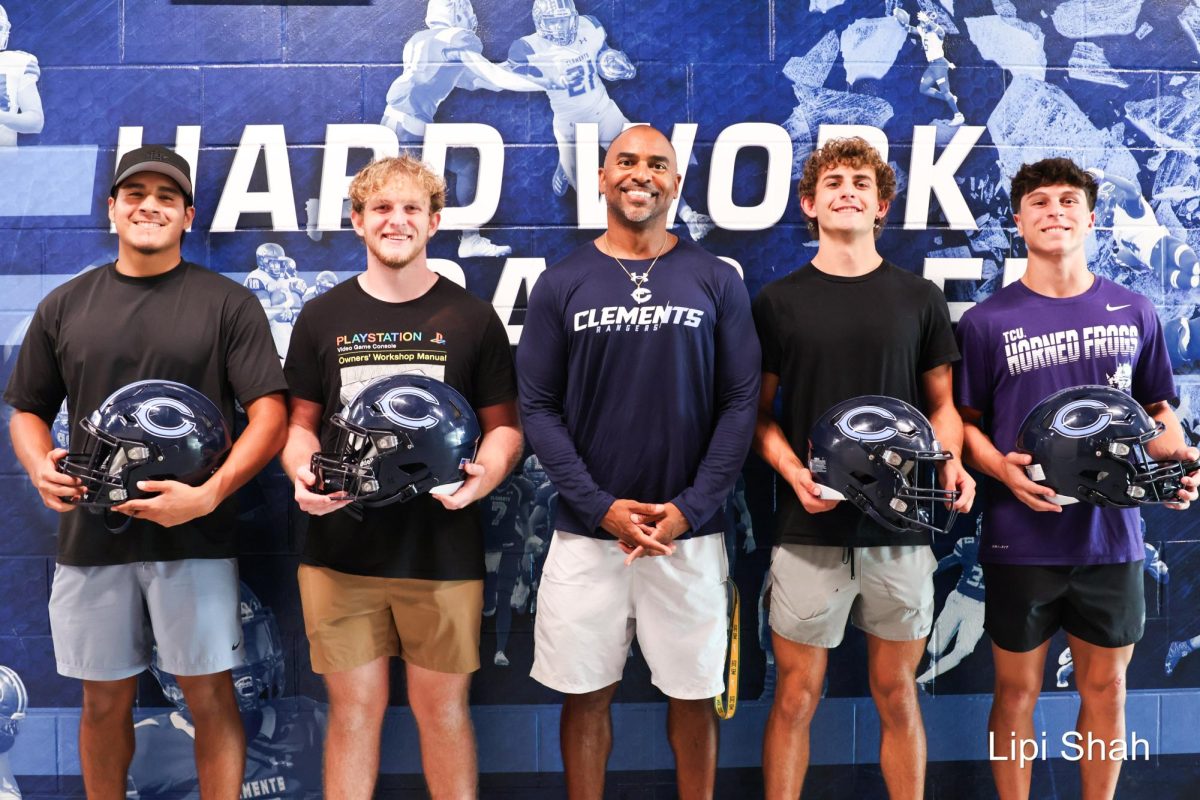PALS (Peer Assistance and Leadership Services) is a program that brings together high school students who mentor and support elementary school children. Through this program, mentors develop valuable leadership, communication, and life skills while also making a lasting impact on the children they work with. The PALS program is a testament to the compassion and dedication of both the mentors and the educators who guide them.
“I had a PAL when I was in third grade myself, so I was given firsthand knowledge as to how impactful the program was to both my mental and social health,” senior Brian Nguyen said. “Being able to learn valuable life lessons while also being able to have fun playing board games was definitely something that I wanted to pass onto others someday as a PAL myself.”
PALS has been a transformative experience for Nguyen throughout his high school years.
“PALS has really helped me step outside of my comfort zone, and this has really changed what my high school experience has been like,” Nguyen said. “Talking with and befriending PALees, babysitting elementary teacher’s students, and teaching entire elementary classes for a day as part of Junior Achievement has shown me that stepping outside of my comfort zone and doing things that I usually would not do can really be impactful and change my perception on things.”
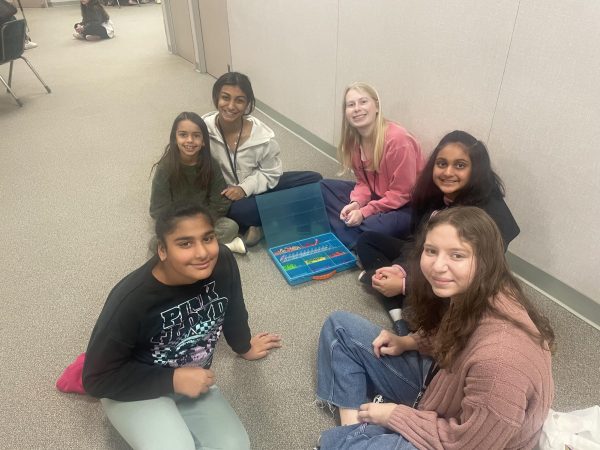
For senior Ava Unger, the program has opened her eyes to the importance of community and service.
“It has made me more aware of things around my community and given me a chance to directly help,” Unger said. “Seeing the relationship I build with the kids and how I help them throughout the year is my favorite part of PALS.”
Senior Samantha Vann’s perspective has been shaped by the children she works with.
“My perspective has been shaped by the bright minds of the elementary schoolers I get to work with on a day-to-day basis,” Vann said. “This has taught me that you never know what someone is going through and to handle every situation with grace and kindness.”
PALS mentors learn and develop crucial life skills such as patience, empathy, and conflict resolution.
“Throughout the many things that PALS partakes in, there has never been a day where some kind of conflict has not shown up,” Nguyen said. “All of these different conflicts have shown me the different kinds of obstacles that may show up in the things that I involve myself in the future and how to adapt to or resolve them.”
The lessons learned in PALS extend far beyond high school. Former PALS student Hirni Bhuta recalls how the experience helped her in college.
“Patience and organization have definitely helped me in college and my career,” Bhuta said. “In college, you could have 20 things going on at once that all need equal amounts of attention and understanding. Even in PALS, balancing four to five kids a week was stressful, but it definitely prepared me for college and my career.”
The impact of PALS extends beyond the mentors, too. For Fay Mayo, the PALS instructor, the program fosters a sense of community and mutual growth.
“It’s recursive, meaning if the younger kids see an older kid giving back, they want to give back when they’re older,” Mayo said. “It becomes this really dynamic community.”
Mayo’s perspective on the growth of the children in the program is equally powerful.
“I’ve seen growth on both levels,” Mayo said. “And why should students consider joining PALS? I think students should consider joining PALS if they like being helpful. If you just have that in you, if you just have a kind heart and you want to give back, that’s all it really takes.”
The personal connections made in PALS are a key part of the program’s success.
“PALS are the role models of our school and community,” Vann said. “Even when no one is watching, we are always willing to offer a helping hand, and I think that is super important to demonstrate to not only the elementary schoolers but also our peers and the underclassmen.”
Ultimately, Mayo describes PALS in its simplest, most meaningful form: “People being loving and kind to all people around them.”

